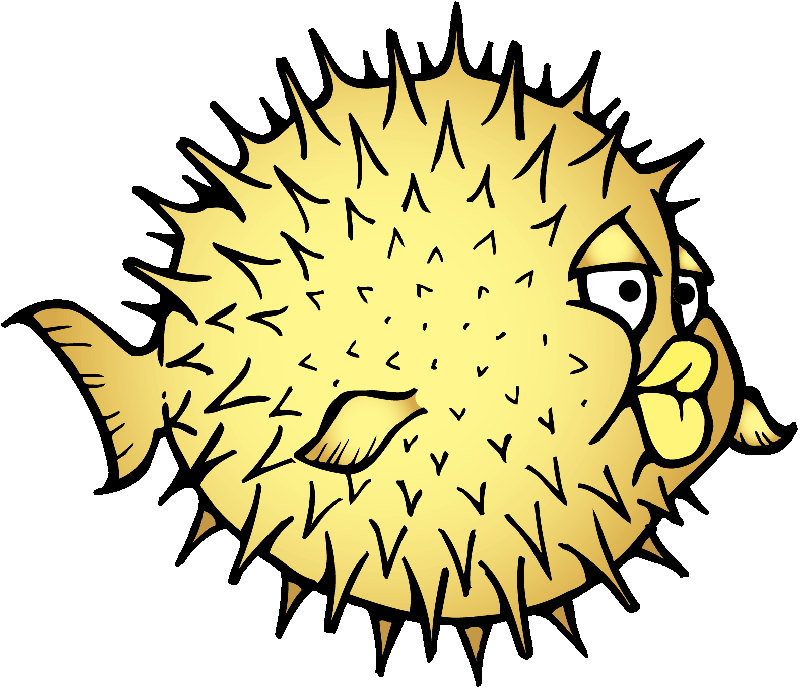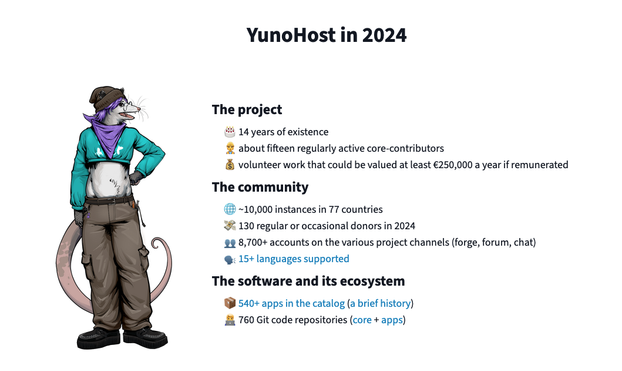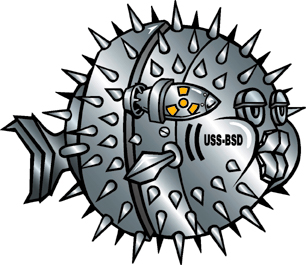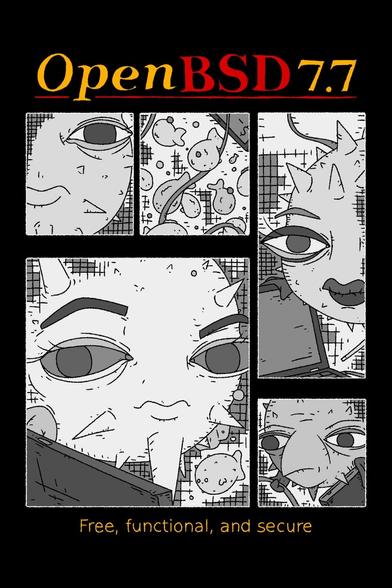I don't know how many in the autistic community have played the ttrpg called Vampire: The Masquerade, but I've had some interesting insights about the game since my self-realization that I'd like to share about it.
In the game, vampires are divided into clans, each with their own vampire powers, weaknesses, culture, outlook, and goals. For example the Brujah clan are known as rebels and strong fighters, while the Ventrue clan are aristocratic, manipulative, and like to be in charge.
One clan is called Malkavian, and the only thing that they all have in common is that they are all insane. It's even in the rules that you have a pick a mental illness that your character suffers from, such as being bipolar, or has multiple personalities. Other than that, they have the greatest diversity of any clan, and can look like anything, act like anything, have any goals, beliefs, etc.
But since learning about autism and neurodivergence, I've come to the belief that Malkavians were never about mental illness, but instead neurodivergence. They don't just suffer from their affliction and that's the sum of them. There's talk about how they are often regarded as seers, prophets, and oracles, that they see the truth of things that others do not. They often have trouble communicating these truths to other people, and often have trouble even understanding the social rules of "normal" vampire society. They sometimes feel as though they live in another reality altogether, but it is one that they all seem to share. Regardless of their near infinite diversity, they mostly seem to just "get" each other, can communicate more easily with each other, and even share ideas on a level not accessible to other vampires (called the "Malkavian Madness Network"). One of their vampire powers even lets them change their appearance, called "Mask of 1000 Faces", so "masking" is something many of them are familiar with. Another power of theirs gives them supernatural insight, such as seeing people's auras or reading their minds. Yet another ability is psychically making others ignore them, as though they were invisible. They often have to hide as a defense mechanism due to the abuse they receive from others for being different. They are often misunderstood, but when they aren't, they can make powerful allies.
There was a time when many people were getting upset because people played the Malkavians as silly, complaining that the players were not treating the subject of mental illness seriously. But like I said, I don't think that they were ever supposed to be about mental illness, but rather neurodiversity. I think that the creators of the game had a good grasp of the subject, but just didn't have the words we use today to classify it. The Malkavians are treated as mentally ill, even though they are just different, and the fact they actually have to have a mental illness according to the rules I think is just a reflection of how many of us suffer from mental illnesses *in addition* to our neurodivergence, not because of it.
All this would explain why I took to that clan the moment I first heard of them, and have been a big fan ever since. In addition to playing them in both tabletop and live games, I've written about them, from stories, to poems, songs, even had a website at one time. They've been a big part of me for a long time now, and now I think I know why. Also I wonder how many other people who have played Malkavians were also neurodivergent in real life.
#ActuallyAutistic #NeuroDiversity #neurodivergent @actuallyautistic






 🇨🇦
🇨🇦